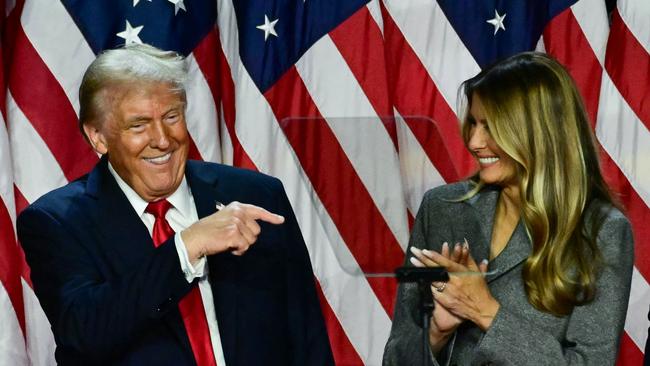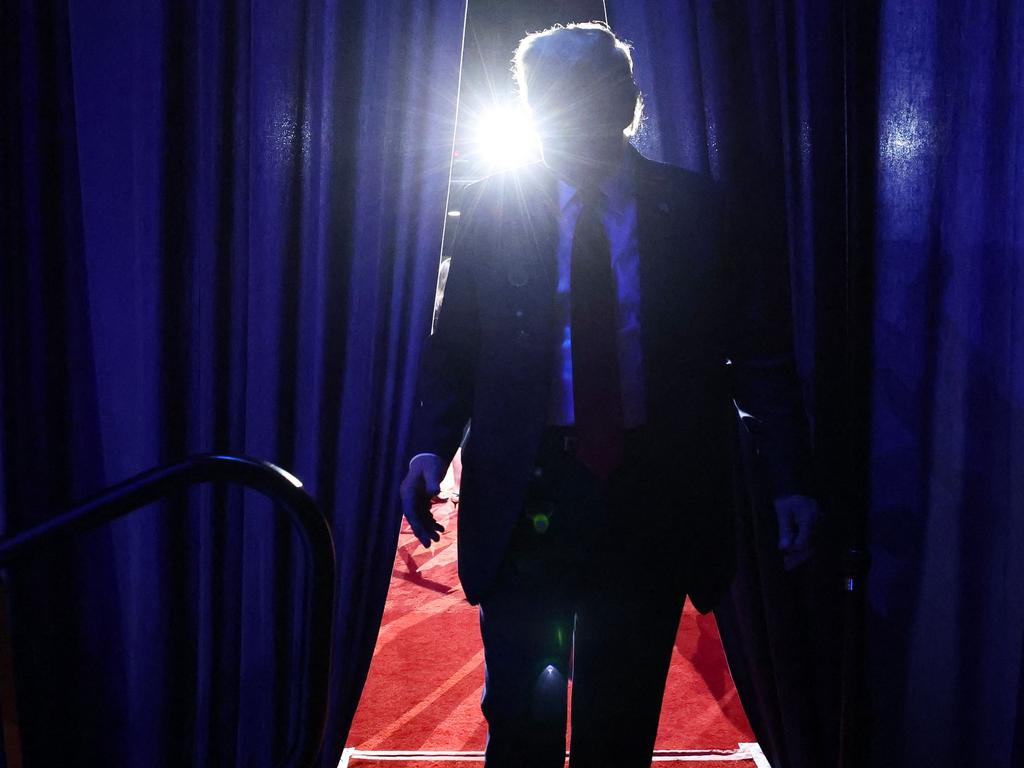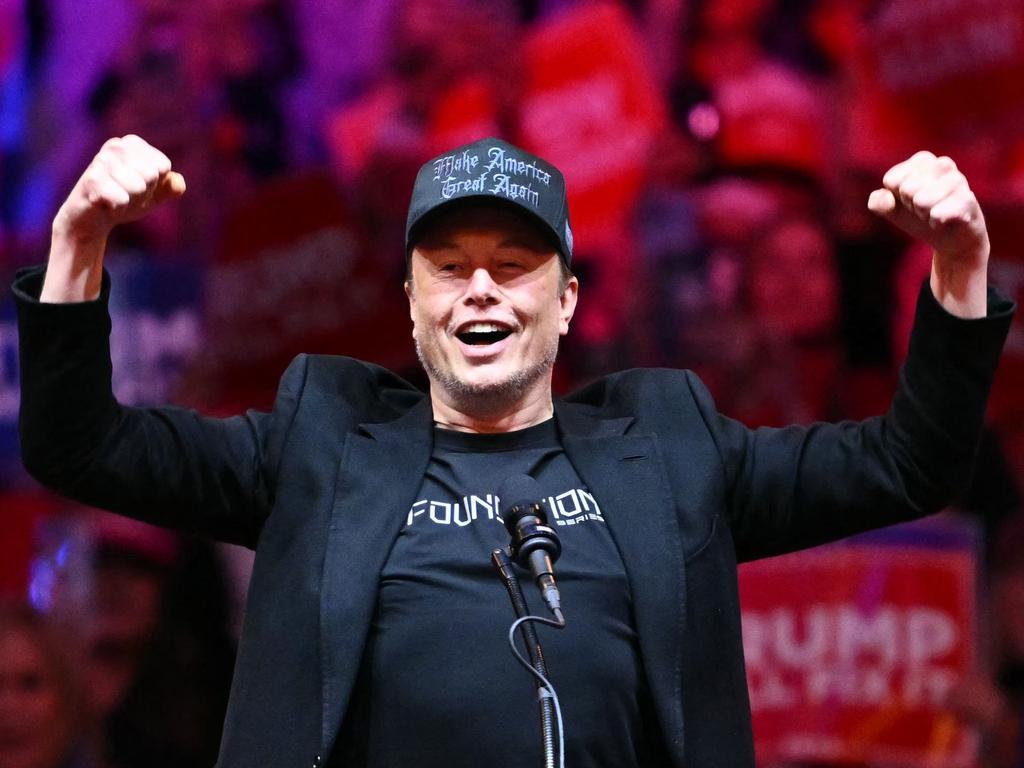Trump was not a policy radical in his first term so why the fear?


But a chill pill is needed. The reality of a second Trump presidency is likely to be more mainstream than madness. Why? Because firstly Trump is a braggart salesman for whom exaggeration is his stock in trade. His campaign promises to do the “biggest this” and the “greatest that” from deportations to punishing “enemies within” to imposing uniform tariffs on the world. But these will never be realised in the literal manner that he claims. This is partly because many of these promises, such as a completely “sealed” border are simply impractical and cannot be achieved even if he wanted to. Secondly, being in the White House is a powerful brake on policy extremism. Trump will be surrounded by a small army of aides and advisers, backed by Pentagon generals, senior diplomats and treasury tears who will temper the worst and most extreme of his policy instincts.
This is precisely what happened during Trump’s first term as president. While he chafed at these constraints and fell out with those advisers who tried to railroad him, the fact is that Trump in his first term was ultimately not the sort of dangerous maverick on policy that his enemies feared when he was first elected in 2016. That’s not to say Trump wasn’t volatile and erratic and it’s not to say that he didn’t behave appallingly at times, especially during his claims about the ‘stolen’ election and the January 6 insurrection. But Trump’s core foreign, defence and economic policies in his first term were not dangerously adrift from mainstream presidential administrations of the past. There is no reason to think that a second term will be dramatically different.
Many of Trump’s extravagant claims on the campaign trail should not be taken literally and they are often not meant to be.
For example, his promise to bring the “deep state” to heel and go after “treasonous” political opponents in both parties and the media begs the simple question – how? A president cannot legally or practically take acts of revenge against opponents which breach the law. Trump will have bigger issues to deal with than elaborate personal vendettas.
Trump’s promise of a sweeping 10 per cent across-the-board tariff on all US imports, will also be watered down for political, economic and practical reasons. Economists warn that full implementation would be disastrous for the economy and for inflation. But politically Trump will also be forced to make exceptions for America’s closest allies, including Australia.
On immigration, he has promised to “seal up” the border and conduct “the largest domestic deportation operation in American history.”
But he promised similar mass deportations in 2016 which never came to pass. He also promised to build a border wall which was never finished. In his last year in office, in 2019, a surge in illegal border crossing saw the number of migrant arrests soar to a 12 year high.
In other words, the US border has always been a porous and unsolvable problem which lurches between modest illegal arrivals to a flood of them. Trump may implement tougher policies but no president, including Trump himself, has succeeded in “sealing” the border and achieving mass deportations.
In Ukraine, Trump says he will solve the war in 24 hours, yet no-one takes him literally. His real message is that he will work urgently to try to find a solution.
Indeed, many of Trump’s more provocative comments are not supposed to be taken literally. For example, when he said earlier this year that he would “encourage” Russia to attack any NATO member that fails to pay its defence bills. This was Trump’s unorthodox way of trying to pressure NATO countries to pay for their own security. When he claims he would be “dictator for a day,” or that he wouldn’t mind someone shooting through the media pack at rallies, he is making off-colour jokes, but they are jokes.
A second Trump presidency promises to be a wild ride because he is a uniquely volatile and maverick leader. But to suggest that a second Trump term will mark the demise of American democracy and a new era of authoritarianism is unduly alarmist.





You can already smell the panic among many Americans about the re-election and re-emergence of Donald Trump. Apocalyptic visions of the future abound with the New York Times warning that “America stands on the precipice of an authoritarian style of governance never before seen in its 248-year history.”